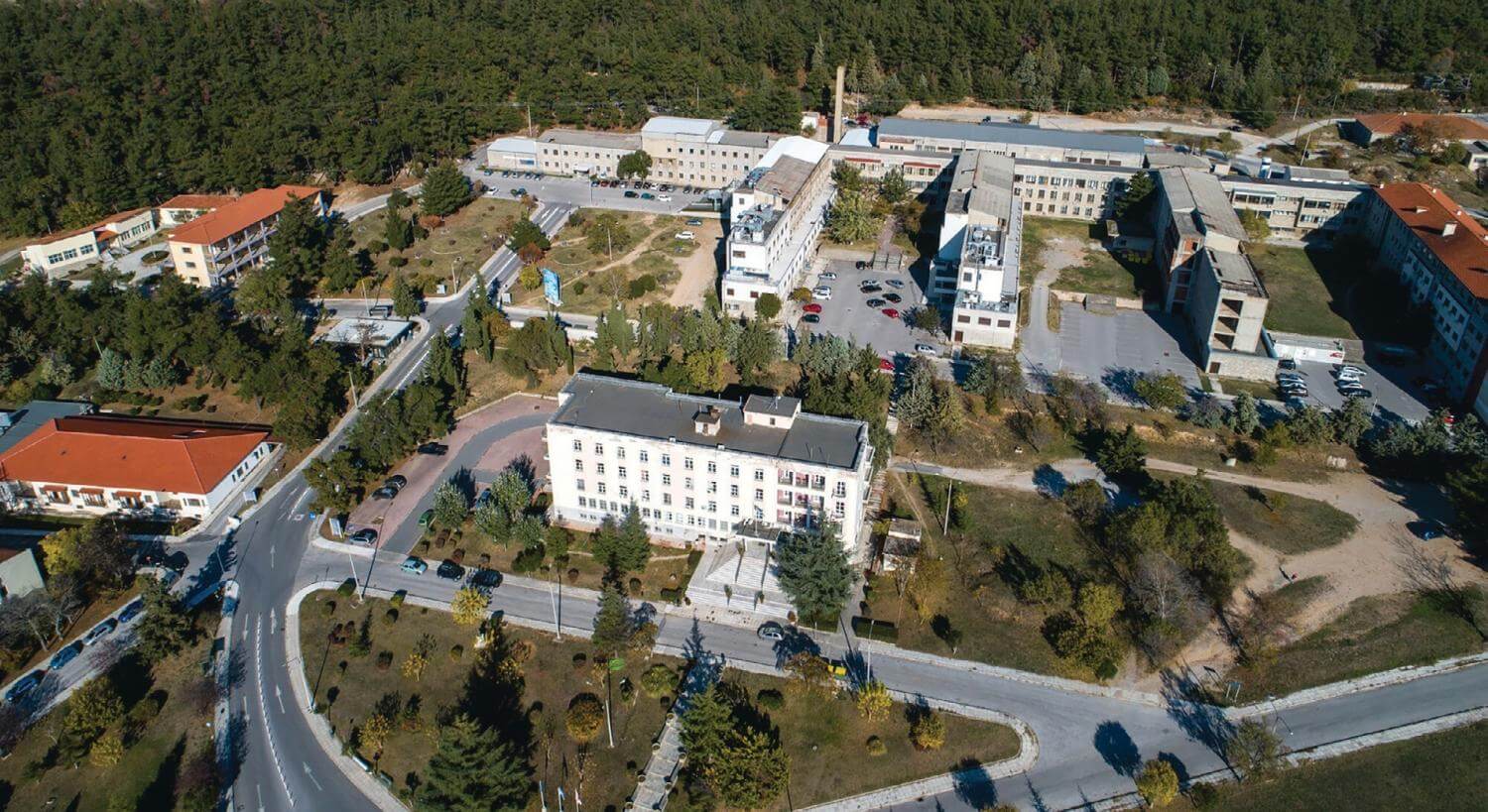The G. Papanikolaou General Hospital of Thessaloniki is one of the oldest infirmaries in Greece. Its history goes back to 1917, when, on the site now occupied by the Hospital, the British Army constructed Nissen huts for the in-situ treatment of casualties of the First World War. In 1920, these huts were the basis for the ‘Tuberculosis Hospital’ founded by the Greek State. In 1948, the foundation was laid of the so-called Stone Building (Petrino Ktirio), which was the backbone of the present Hospital. During the period 1951-1960, numerous auxiliary facilities were built, while between 1972 and 1987 construction of the ‘New Building’ was completed, many of the old buildings of the Hospital were refurbished and new clinics were established.
In recognition of the crucial role played by the G. Papanikolaou General Hospital of Thessaloniki in the healthcare system of northern Greece, the Non-profit Civil Company AEGEAS proceeded to an important donation, the setting up of a new Intensive Care Unit for Respiratory Patients.
DONATIONS OF THE NON-PROFIT CIVIL COMPANY AEGEAS
- To convert the Bronchoscopy Laboratory into the premises of a new seven-bed Intensive Care Unit of the Respiratory Failure Clinic.
- To supply medical and hospitality equipment for the new ICU.
RELOCATION AND UPGRADING OF THE ICU FOR RESPIRATORY PATIENTS
The Non-profit Civil Company AEGEAS undertook the entire project of creating a new space for the Intensive Care Unit for Respiratory Patients of the Respiratory Failure Clinic in the 2nd Pathological Section of the Hospital. This involved, first of all, the preparation of all the necessary studies (architectural design, planning of electrical and mechanical installations) for the total remodelling of an existing space in the Hospital, namely the Bronchoscopy Laboratory, in order to accommodate the upgraded ICU and its service spaces.
The donation included procuring the essential medical technological equipment for the smooth running of the Unit, such as seven state-of-the-art ICU beds, one central CNS-620 station with seven monitors, and one colour ultrasound system. In addition, the spaces for the personnel on duty, including rest facilities, were fully equipped. With the completion of the donation, the Hospital now has an ultramodern Intensive Care Unit capable of providing high-standard medical services from the Hospital’s excellently trained personnel.


